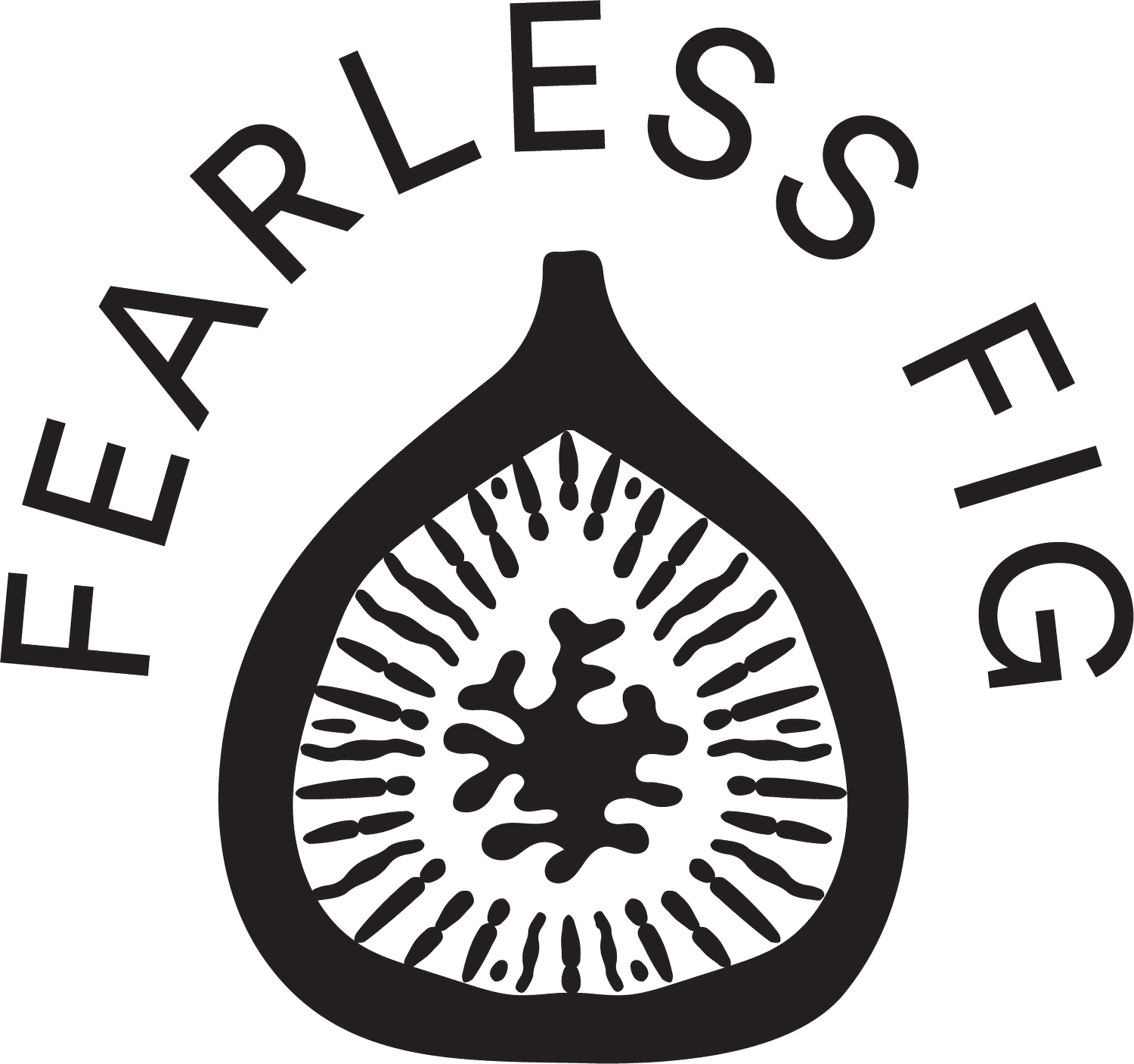Pregnancy Tips From an RD
I found out I was pregnant when I was halfway across the world, in Australia, studying microbiome restoration with the top expert in the field. My mind was so focused on my career and expanding as a practitioner, that I was totally caught off guard. In that same moment I felt connected to this little life I had inside my body and more empowered than ever. I was going to be a mom and if you are reading this, you are too!
As a dietitian and poop aficionado, I wanted to make sure I did as much as possible to create a healthy foundation for myself and my child. I approached this in the same way I approach creating a healthy foundation for my clients in my private practice. I focused on decreasing toxic burden, optimizing digestive health, consuming whole foods, proper supplements, managing stress and incorporating movement. So let's look at each of these areas and how you can build your own healthy foundation when you are pregnant.
Decreasing Toxic Burden
Our world is full of toxins and fortunately our bodies have a lot of amazing systems in place to filter these toxins out. However, when you are pregnant, your baby is more susceptible to toxins because they are able to cross the blood-brain barrier, something we have protection from as adults. The best place to start is removing toxic products from your environment like nail polish, hair dye, beauty care (check the toxicity status on EWG), cleaning products and upgrade these to healthier alternatives. The first section of my pregnancy guide is dedicated to easy ways to remove toxins.
Optimizing Digestive Health
Our immunity begins in the gut and having a healthy and diverse microbiome was a top priority for me when I was pregnant. Eating a diverse diet with lots of colors can help feed different bacteria in the gut. Aim for 40 different whole foods per week and include lots of good fermented foods.. Some of my favorite fermented foods to eat daily were coconut yogurt, sauerkraut and pickles. A daily probiotic can also help improve digestive health.
Constipation is common during pregnancy as our hormones are shifting and changing frequently. Increased levels of progesterone slow motility and can cause constipation. Prioritizing gut health can help combat this naturally.
Consuming Whole Foods
A balanced diet helps keep blood sugar levels stable and optimizes digestion. It is important to remember that your body only requires an additional 200-300 calories while you are pregnant, so the idea of “eating for two” is dated. If you plan to breastfeed, you will need to eat about 500 additional calories per day.
Between 24-28 weeks of your pregnancy you will get checked for diabetes. Ensuring you are eating balanced meals will help keep blood sugar levels stable. Make sure each meal you are eating contains fiber, fat, protein and veggies. This will help stabilize blood sugar spikes and support your growing baby. Try to keep processed foods to a minimum and avoid deli meats, sushi and high mercury fish like tuna and swordfish.
Proper Supplements
When you are pregnant you want to be conservative with the amount of supplements you are taking. However, it is very important to find a high-quality prenatal supplement. I alway looked for one that had methylated b-vitamins and iron (in the bisglycinate form to prevent constipation). It is also important to take high quality fish oil, vitamin D and probiotics. If you are looking for specific recommendations, I have those outlined in my Pregnancy Guide.
Managing Stress
Stress is not just a state of being, it is a physiological response that changes your body chemistry. Stress changes the way we process sugar, causing our bodies to store more fat, it decreases the diversity of the microbiome and it can promote inflammation. High levels of stress during pregnancy can decrease the birth weight of the baby and even cause early labor. The key to stress management is to find activities that you enjoy. If you hate meditation, don’t force yourself to meditate. Try coloring, walking in nature, creating boundaries around things / people that cause stress, warm baths (not hot!), diffusers, putting your hand on your belly and breathing. I loved this guided pregnancy mediation and would do it in the morning before I started my day.
Movement
I wish I could say I worked out 4 times per week and loved every minute but that is just not true. I was extremely nauseous in my first trimester and very tired. I prioritized rest over pushing myself to workout. Once the nausea calmed down I was able to incorporate more walking, prenatal pilates and light (3-5 pounds) weight training. It is important to do what you feel comfortable with. If your body is calling for more rest, rest, if you are feeling really good working out, then by all means do your workouts. The most important part of movement is to do what makes you feel good. The general rule is to not do anything where you can’t catch your breath, so remember to be easy on yourself. Even though you may not feel it, your body is doing so much and it's ok to allow yourself to rest.
These are just some basic tips to get you started on your path to a healthy pregnancy. If you want to go even deeper, make sure to check out my Pregnancy Guide that outlines specific products, how to create a low toxin environment in your home, recipes and holistic remedies for common pregnancy ailments. It also has tips for postpartum recovery, my favorite products and how to keep a healthy mindset. Congrats on your pregnancy and I can’t wait for you to experience the joys (and challenges) of being a momma!


